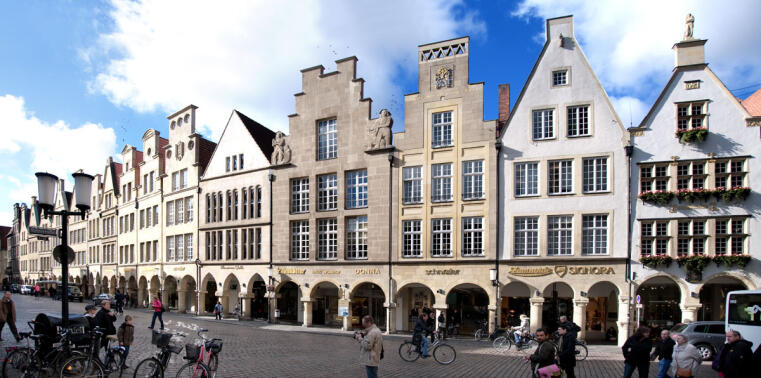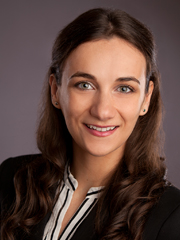
Programme
WEEK 1 (16 to 20 August)
Day Title and course form Content Monday
1 pm - 4 pm
UTC+2
Intercultural competence – More than a catchphrase!?
Lecture with interactive components- Introduction
- What is intercultural competence?
- The self and the other
- An intercultural encounter
Tuesday
1 pm - 4 pm
UTC+2
Dimensions of intercultural competence in education and society
Group work and presentation- What is cultural perception?
- Different dimensions of intercultural competence: developing a mind-map based on individual and group experiences
Wednesday
1 pm - 4 pm
UTC+2
Reasons for intercultural misunderstandings
Lecture with interactive components- Presentation of the mind-maps
- Reasons for intercultural misunderstandings
- Where are my limits?
Thursday
1 pm - 4 pm
UTC+2
Cultural differences and intercultural comparison (Part 1)
Group work and presentation- Approaching cultural issues in a respectful way
- Cultural comparisons on gender, time, status and family
Friday
1 pm - 4 pm
UTC+2
Cultural differences and intercultural comparison (Part 2)
Group work and presentation- Group work
- Presentation of the group findings
WEEK 2 (23 to 27 August)
Day Title and course form Content Monday
1 pm - 4 pm
UTC+2
Intercultural conflicts and mediation
Lecture with interactive components- Intercultural conflicts
- Ways of mediating intercultural conflicts
Tuesday
1 pm - 4 pm
UTC+2
Intercultual competence – globally, ethically, and morally (Part 1)
Group work and presentation- Team work on short poster presentations on global, ethical, and moral aspects of cultural competence
Wednesday
1 pm - 4 pm
UTC+2
Intercultual competence – globally, ethically, and morally (Part 2)
Group work and discussion- Preparation of posters
- Poster presentations
- Discussion
Thursday
1 pm - 4 pm
UTC+2
Working in multicultural teams
Lecture with interactive components- Introduction to multicultural teams
- Reflections on individual experiences
- Pros and Cons of multicultural teams
Friday
1 pm - 4 pm
UTC+2
Interculturally competent? – Outlook and conclusions
Group work and discussion- Flipping the coin: what can you teach about intercultural competence? Group work
- Presentation of the group findings
- Test on intercultural competence!?
- Concluding remarks
LECTURERS

© ESE e.V.
Viktoria Jäger studied Cultural and Social Anthropology and Sociology at the University of Münster and finished her Bachelor of Arts in 2017. In her master's course she conducted qualitative research about intercultural relationships and reflected on postmigrant society. Since 2018 she has been working as a trainer for ESE, where she focuses on the imparting of intercultural und interreligious competencies in adult education.

Mariya Lorke gained her master´s degree in Ethnology and Social Anthropology at the University of Münster. During her studies she conducted fieldwork in a Roma-Community in Bulgaria, focusing on the coping strategies of Romawomen in the context of their being foreign. Mariya is a certified trainer for intercultural competencies and part of the ESE-team as a lecturer in the field of adult education. Her intercultural personal background and ethnological scientific experience shape her perspective on topics like intercultural communication and competencies, international teams and intercultural conflicts, identity, integration, and minorities.
The summer school will be held by Ethnology in School and Adult Education (ESE e.V.). This society is closely connected with the Institute of Ethnology and has 20 years of experience in intercultural communication. The society is involved in diverse research projects, participates in congresses and publishes a broad spectrum of scientific articles. The scientific results obtained are conveyed to different target audiences, such as pupils participating in different school projects. Adult education consists mainly of trainings for people who need intercultural communication for their work, for daily life, or who are just interested in the topic. Please find further information at
www.ese-web.de.
